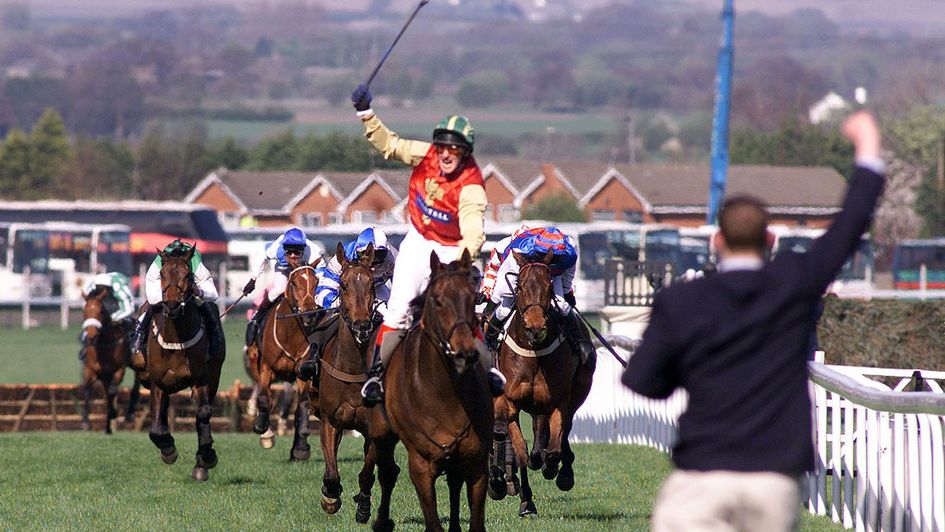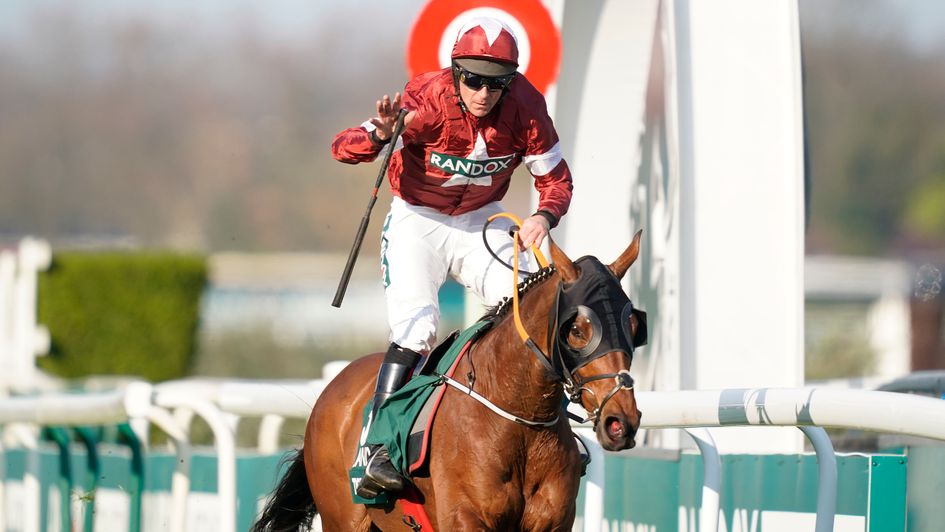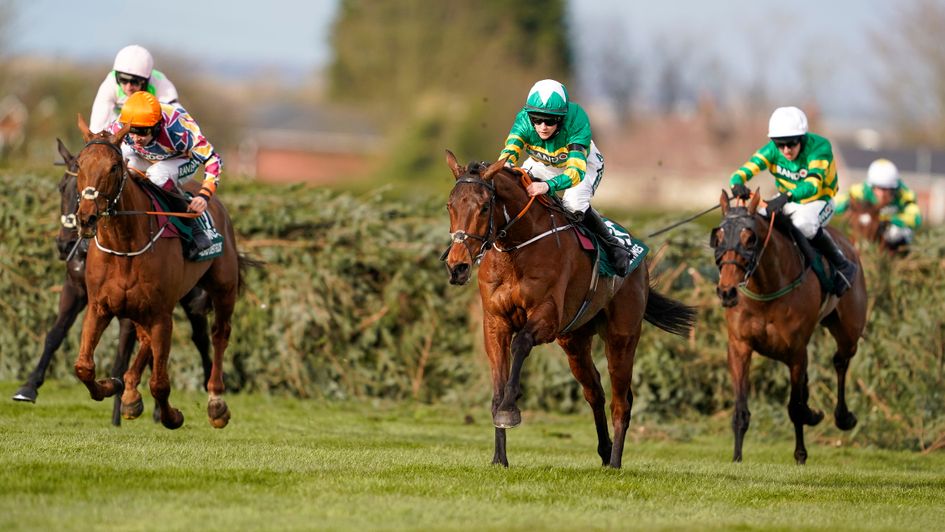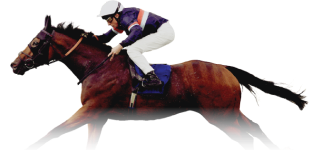John Ingles charts how Irish-trained horses have come to make up an increasing proportion of the Grand National field.
Once upon a time, a quick way to narrow down the annual quest to find the Grand National winner was to put a line through any runner trained in Ireland. A crude system perhaps, but one that served me well in the days of the Grand National being my one bet of the year. But not any more.
It wasn’t until 1999 that the gambled-on Bobbyjo ended a lengthy barren spell for Irish horses at Aintree, with the memorable celebrations that took place afterwards including his jockey Paul Carberry swinging from the rafters in the ceiling of Aintree’s old winner’s enclosure. The jockey’s father Tommy, the four-time Irish champion, had himself ridden the last Irish horse to win the Grand National before Bobbyjo, 24 years earlier, when L’Escargot, the former dual Cheltenham Gold Cup winner, turned the tables on Red Rum from the year before to win the race at the fourth attempt.
Incidentally, the 1999 Grand National had an unusually small field of 32 by the race’s recent standards, well below the long-standing maximum of 40, though a smaller field will be the new norm from now on with the safety limit having been reduced to 34 from this year.
Bobbyjo had been one of just two Irish-trained horses in the 1999 National, the other being the 200/1 rank outsider Merry People competing from 21 lb out of the weights. Bobbyjo was himself a stone out of the handicap so in his case it was academic that he’d been leniently treated by the BHB handicapper compared with his official rating in Ireland.
Even so, it’s as well to quote Timeform’s report on Bobbyjo’s Aintree victory which pointed out that ‘the BHB have been consistently underassessing Irish-raced horses this season and though in this case it made no difference as he’d have been 3 or 4 lb out of the weights anyway it’s no coincidence that Irish runners have had their best season in handicaps in Britain for many years in 1998/9.’ Space Trucker, for example, had been the first Irish-trained winner of a handicap chase at the Cheltenham Festival for 16 years when winning the Grand Annual that year.
Bobbyjo, who is commemorated in the name of the Grand National trial at Fairyhouse this Saturday, was therefore the last of the ten Irish-trained winners of the Grand National in the twentieth century. But already, in just 23 runnings since, the Irish have won another ten Grand Nationals, starting with Papillon who came along just a year after Bobbyjo. Monty’s Pass, Hedgehunter (Willie Mullins’ only Grand National winner to date), Numbersixvalverde and Gordon Elliott’s first winner Silver Birch, also his very first runner in the race, were all successful in the first decade of the twenty-first century.

After a gap of nine years, the latest wave of Irish winners began with Rule The World in 2016, followed by dual winner Tiger Roll in 2018 and 2019, Rachael Blackmore’s historic success on Minella Times in 2021 and 2022 winner Noble Yeats who will be bidding to win it again this year.
So, from winning, on average, one Grand National every ten years in the last century, the Irish strike-rate has improved to once every two or three years since 2000. That’s no wonder given the trend of increased participation from across the Irish Sea that has been striking since Bobbyjo’s year.
Irish runners in the Grand National remained in single figures early this century but then hit a new high of ten in 2004. Ever since, it’s been the norm for Irish horses to account for a quarter of the Grand National field at the very least – only twice has the number dipped back to single figures; nine in 2006 (Numbersixvalverde’s year) and eight in 2015.
A new record was set in 2012 with 15 Irish runners but it’s in the last five renewals (there was no race in 2020) that Irish participation has soared to reach a point where they now outnumber the home team. Tiger Roll was one of a record 16 Irish runners when he won for the first time in 2018, a year when five of the first six were all trained in Ireland.

When Tiger Roll won again a year later, he was joined in the field by no fewer than ten stablemates, the Elliott yard setting a record for the most runners from a single stable in a Grand National and helping to raise the total number of Irish runners to a new high of 18. When the same number of Irish horses ran in 2021, they dominated the finishers behind Minella Times, with the Dan Skelton-trained Blaklion (sixth) the only British-trained horse among the first eleven.
A tipping point was reached in 2022 when 21 Irish horses lined up, thereby accounting for more than half the Grand National field for the first time, with Noble Yeats followed home by fellow Irishmen Any Second Now and Delta Work.
The trend continued last year when two-thirds of the field – 26 out of 39 – were trained in Ireland representing a complete reversal of the situation just seven years earlier when the split had been 26-13 in favour of the home team. While victory went to the Scottish-trained Corach Rambler, the next six finishers were all Irish.
What we are witnessing in the Grand National is, of course, just part of the current wider phenomenon of Irish dominance in jumps racing that’s also very evident from results at the Cheltenham Festival in recent years. But while Irish success at Cheltenham has been led by one stable, that of Willie Mullins, that’s less the case at Aintree. It’s nearly twenty years now since Mullins’ sole success with Hedgehunter from a total of more than fifty horses he has run in the Grand National. Last year’s 26 Irish runners came from a spread of no fewer than 16 different yards.
In this year’s reduced field, it looks as though British-trained runners could reach a new low after 61 of the 94 entries revealed earlier this month are Irish-trained horses. Speaking after the weights were released earlier this week, BHA handicapper Martin Greenwood noted that "if the top 34 stood their ground there would be seven UK runners. I reckon the cut off will be about [a BHA mark of] 144, even with a slightly small field. There’s every chance there will be single figures from the UK this year."
More from Sporting Life
- Racecards
- Fast results
- Full results and free video replays
- Horse racing news
- Horse racing tips
- Horse racing features
- Download our free iOS and Android app
- Football and other sports tips
- Podcasts and video content
Safer gambling
We are committed in our support of safer gambling. Recommended bets are advised to over-18s and we strongly encourage readers to wager only what they can afford to lose.
If you are concerned about your gambling, please call the National Gambling Helpline / GamCare on 0808 8020 133.
Further support and information can be found at begambleaware.org and gamblingtherapy.org










